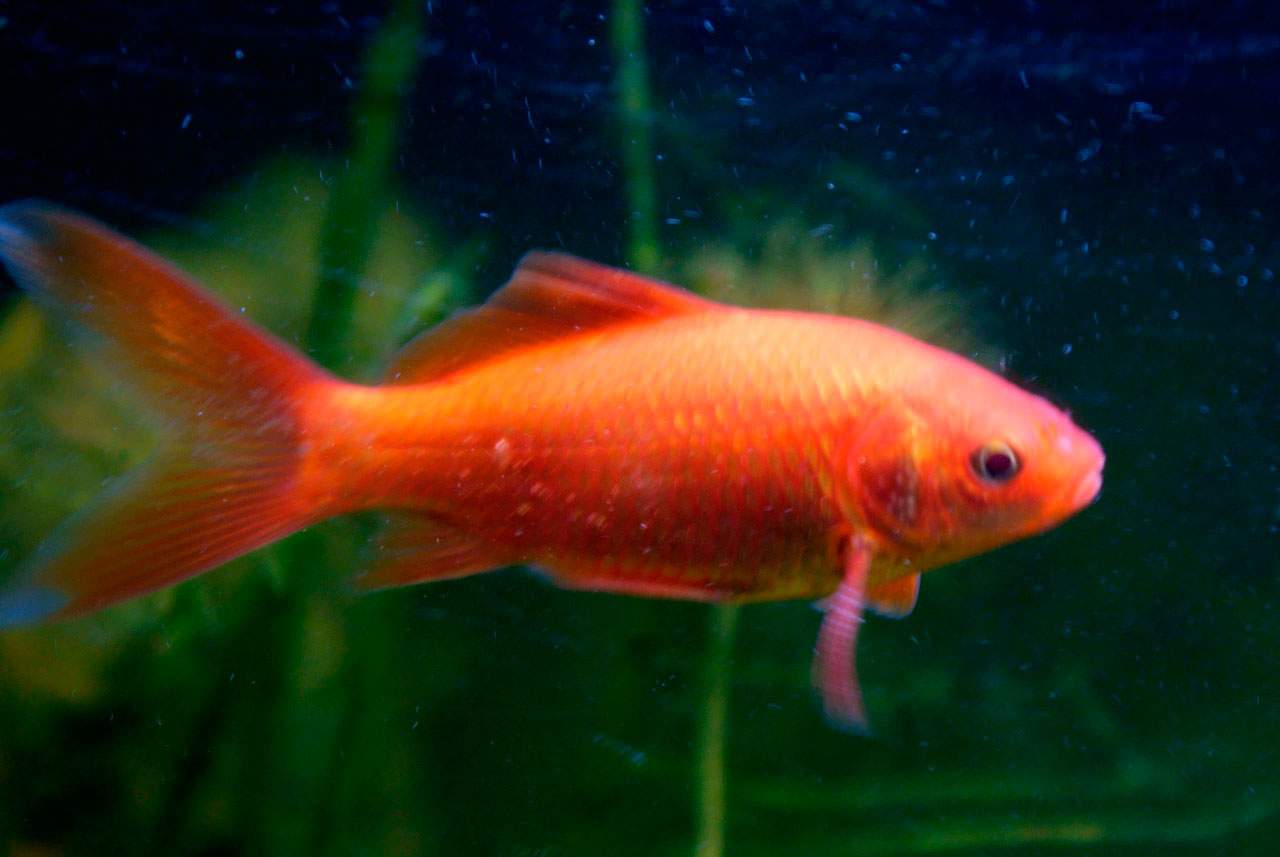
Fish do drink water, but how they consume it depends on where they live. Water gets into a fish's body through osmosis, the process in which water diffuses from a higher to a lower concentration.
For example, if there is more water outside of a cell than inside, water will try to flow into the cell until there is the same concentration of water on either side of the cell's membrane. The body of a fish acts the same way, either absorbing or losing water depending on its surroundings.
Kidneys At Work
Whether a fish absorbs or loses water is based on the fact that all fish must maintain a certain amount of salt in their bodies to stay healthy. Fish that live in fresh water have a higher concentration of salt in their bodies than the surrounding water.
Consequently, water continuously flows into the fish's body to attempt to dilute the amount of salt in the fish until it is equal to the amount of salt in the surrounding water. Since fish cannot allow their salt content to be diminished, their kidneys work overtime to expel excess water in the form of urine.
Salt Water Fish
Ocean fish have the opposite problem. Surrounded by salt water, their bodies contain a relatively lower concentration of salt than the ocean water. In this case, osmosis causes the fish to constantly lose water in order to equalize salt concentration inside and outside the fish.
To partially compensate for the water loss, ocean fish actually drink water through their mouths. To get rid of the excess salt they take in by drinking seawater, they excrete some salt through cells in their gills.









